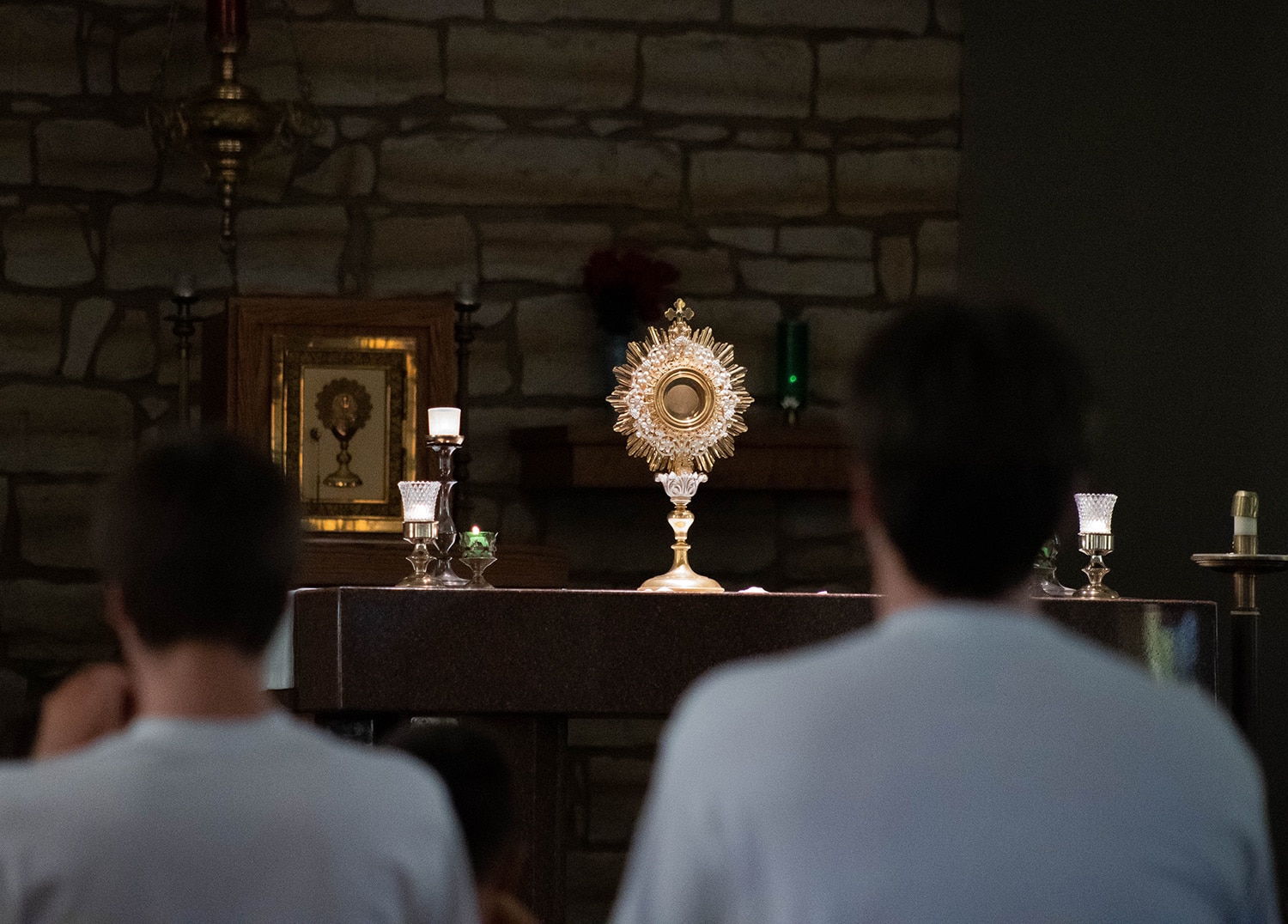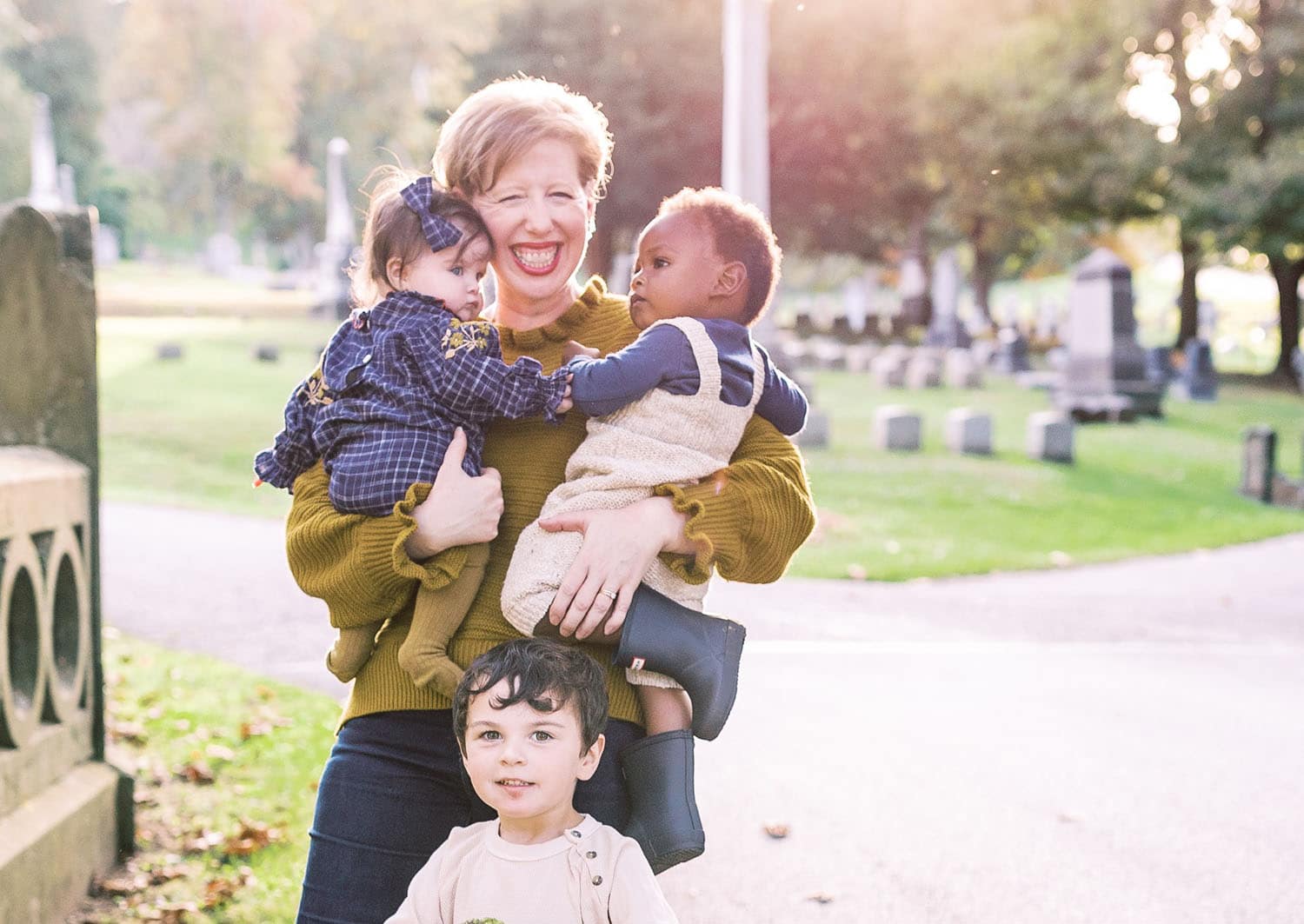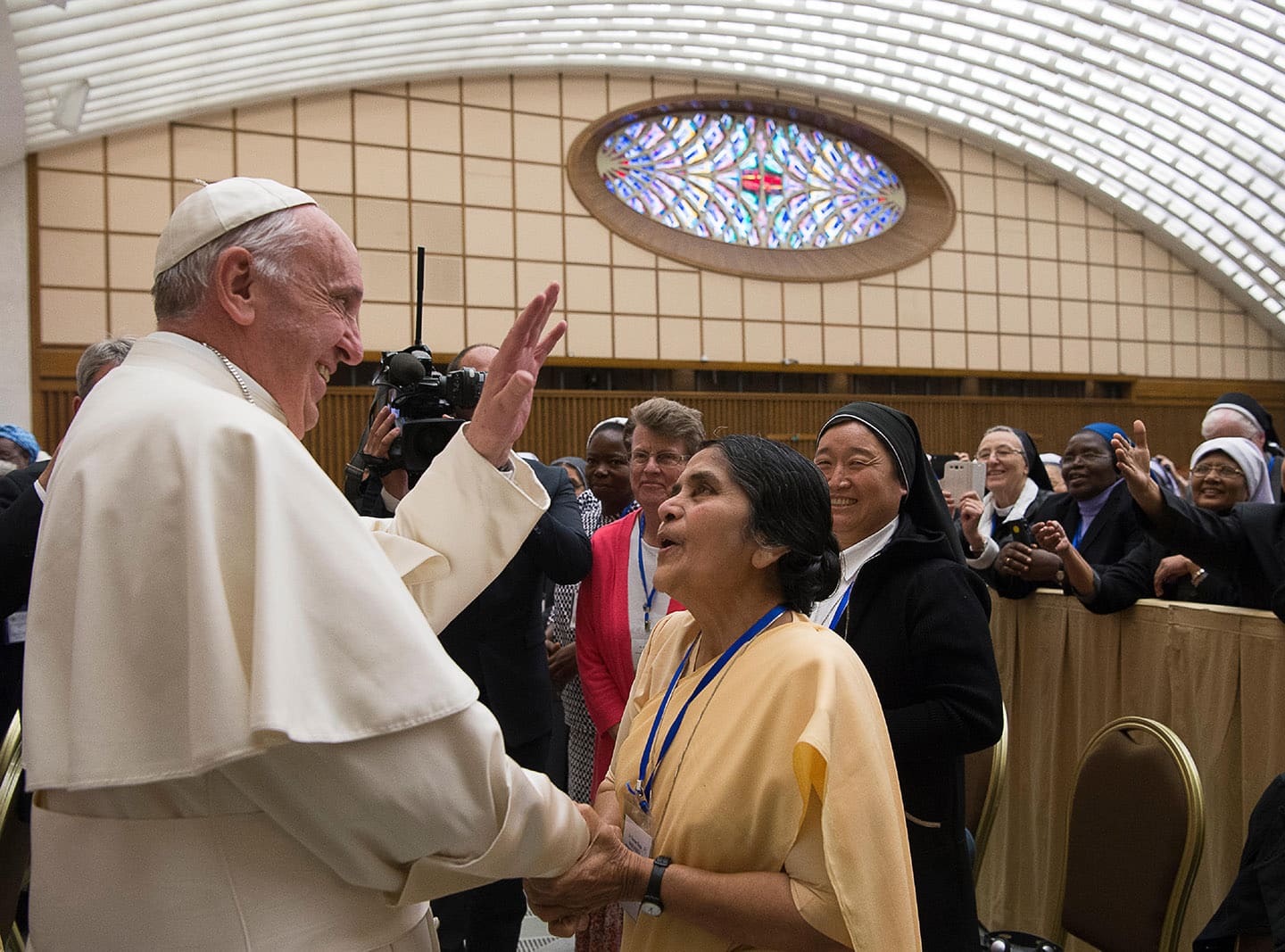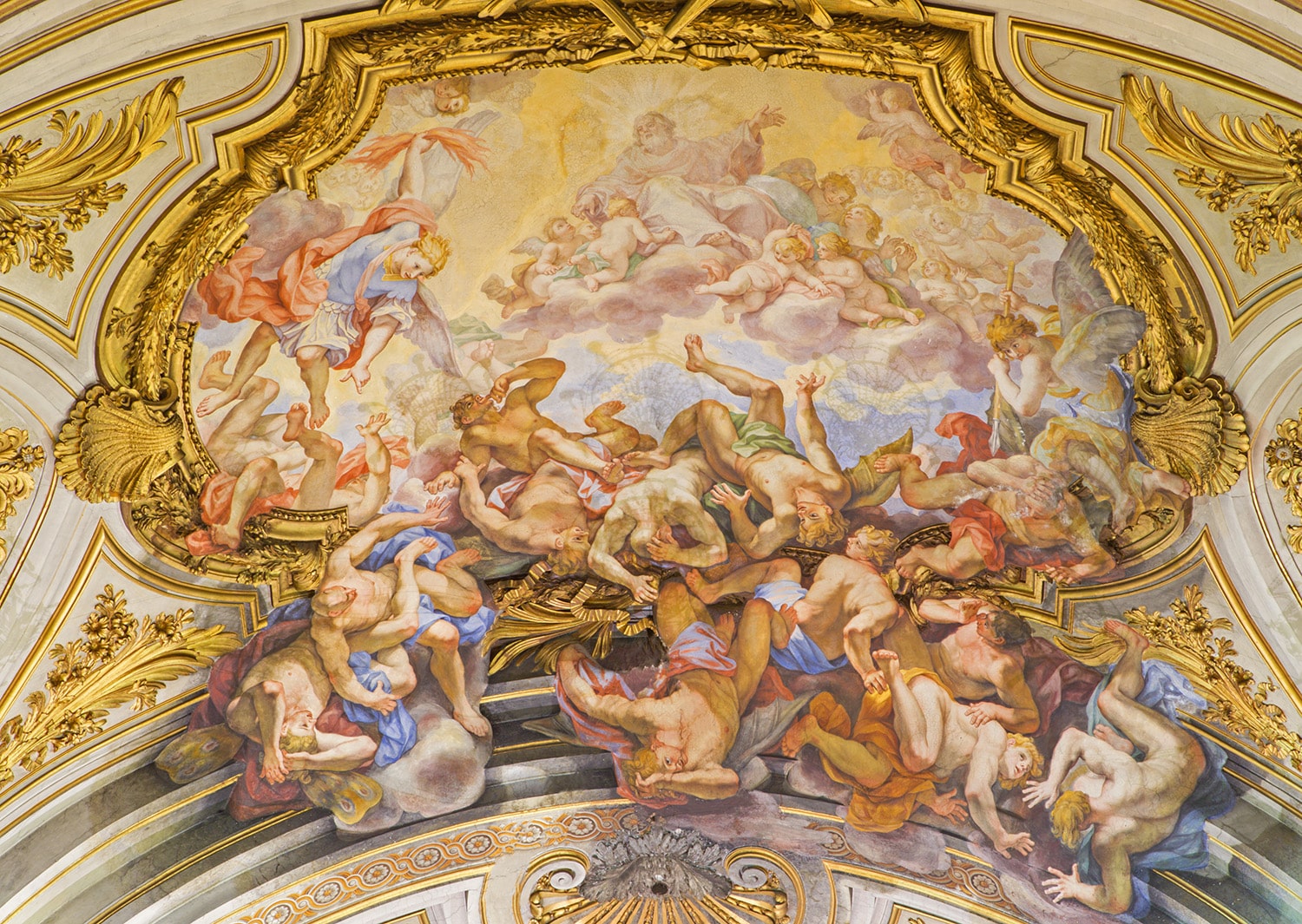“What is gladness without gratitude, / And where is gratitude without a God?” asks the English poet Coventry Patmore. How often is our joy borne by the wings of thanksgiving? These are the moments of life that are so full we feel as if we might burst. When parents first hold their children, a family member’s wedding day, a friend’s great achievement. It is true then that to be happy is to be grateful.
In the hustle and bustle of life, it’s easy to overlook the many small miracles and blessings surrounding us. We should strive to continually offer thanks, not only when the sun shines but even — especially — when the storms gather, for it is in those moments that gratitude truly becomes an act of faith. Gratitude is the pathway to a life lived in awareness of God’s boundless love and grace, where each day is an opportunity to say, “Thank you, Lord, for the gift of life and for the privilege of sharing it with those we hold dear.”
And so many of us have so much to be thankful for. Not just in life’s great moments but each and every day. Pope Francis once said there are two types of people in the world: “Those who do not give thanks and those who do.” The former, according to the pope, are “those who take everything as if it were owed them.” The latter, the thankful souls, are “those who welcome everything as a gift, as grace.”
A holy response
The Christian virtue of gratitude is deeply rooted in our faith, emphasizing the importance of gratitude as an expression of our relationship with God. The liturgy teaches us, “You [God] have no need of our praise, yet our desire to thank you is itself your gift.” All things come from God, even the desire to praise him. So what’s the purpose of gratitude?
St. Thomas Aquinas, drawing from Seneca, teaches us that “Thanksgiving is less thankful when compelled.” It is a reminder that our gratitude should be genuine, a heartfelt response to the countless blessings we receive. At the dawn of the new millennium, Pope St. John Paul II encouraged us “to remember the past with gratitude, to live the present with enthusiasm and to look forward to the future with confidence.” As our hearts grow in gratitude, seeing that every good thing comes from God, we will grow in holiness, our lives will be more conformed to God’s steadfast love.
One of the most beautiful expressions of thanksgiving in the Bible can be found in Psalm 106:1: “Praise the Lord. Give thanks to the Lord, for he is good; his love endures forever.” As we gather around our tables and in our churches, let us remember these words and offer our gratitude to the Lord for his enduring love and the many blessings we have received.
Being peacemakers
In the midst of our Thanksgiving celebrations, let us take a moment to reflect on the broader world and the conflicts that persist, such as the ongoing situation in the Middle East. As we gather with family and friends, we must remember the turmoil and suffering faced by so many in regions like the Middle East, particularly those affected by the Israel-Hamas war. Our hearts go out to them, and we offer our prayers for peace and relief from their suffering.
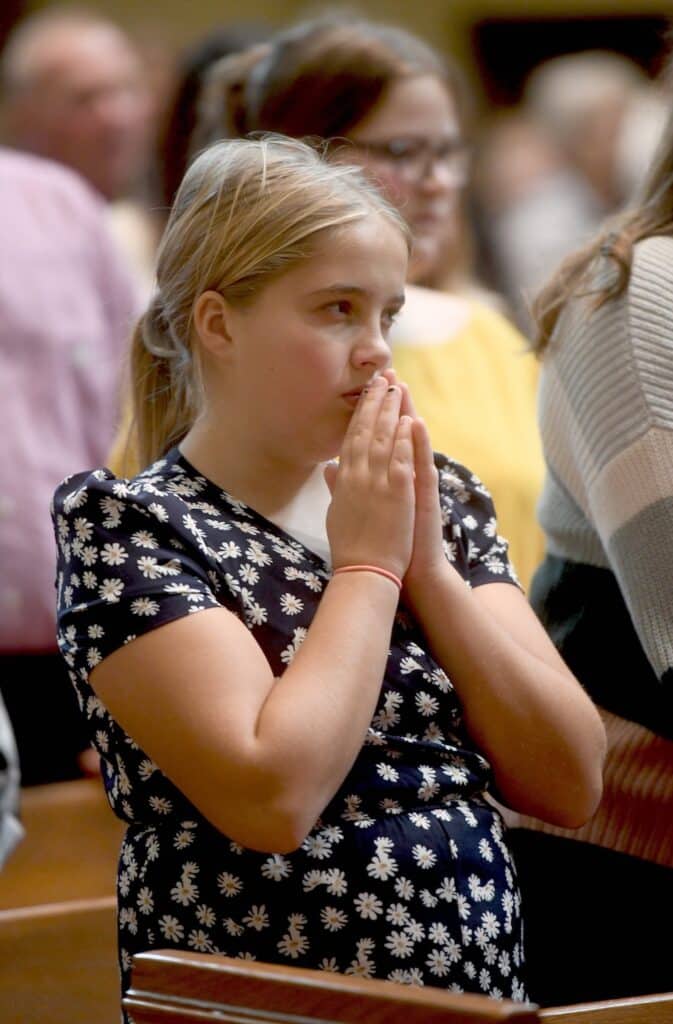
In these moments, we are reminded of the importance of gratitude, not just for the blessings in our own lives but for the safety and security we too often take for granted. We are thankful for living in a nation where we can celebrate this day of gratitude without the fear and turmoil that many others face daily. And our gratitude should spur us into action for those who face insecurity and conflict on a daily basis.
Thanksgiving is not only a day for feasting but also a day to reflect on our role in bringing peace and comfort to those who suffer in the world. In our gratitude, let us be inspired to reach out to those in need, to be peacemakers, and to extend our hands in love and compassion. This Thanksgiving, let us not only give thanks for our blessings but also beseech the mercy of God for those less fortunate.


